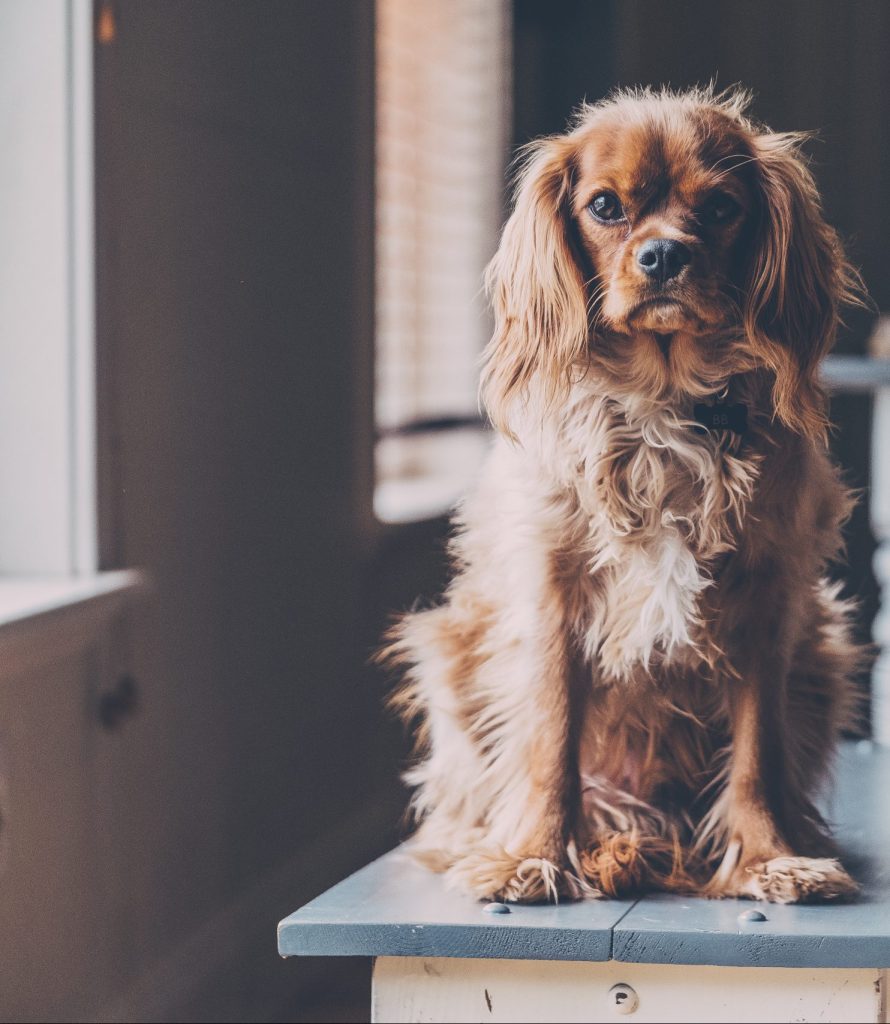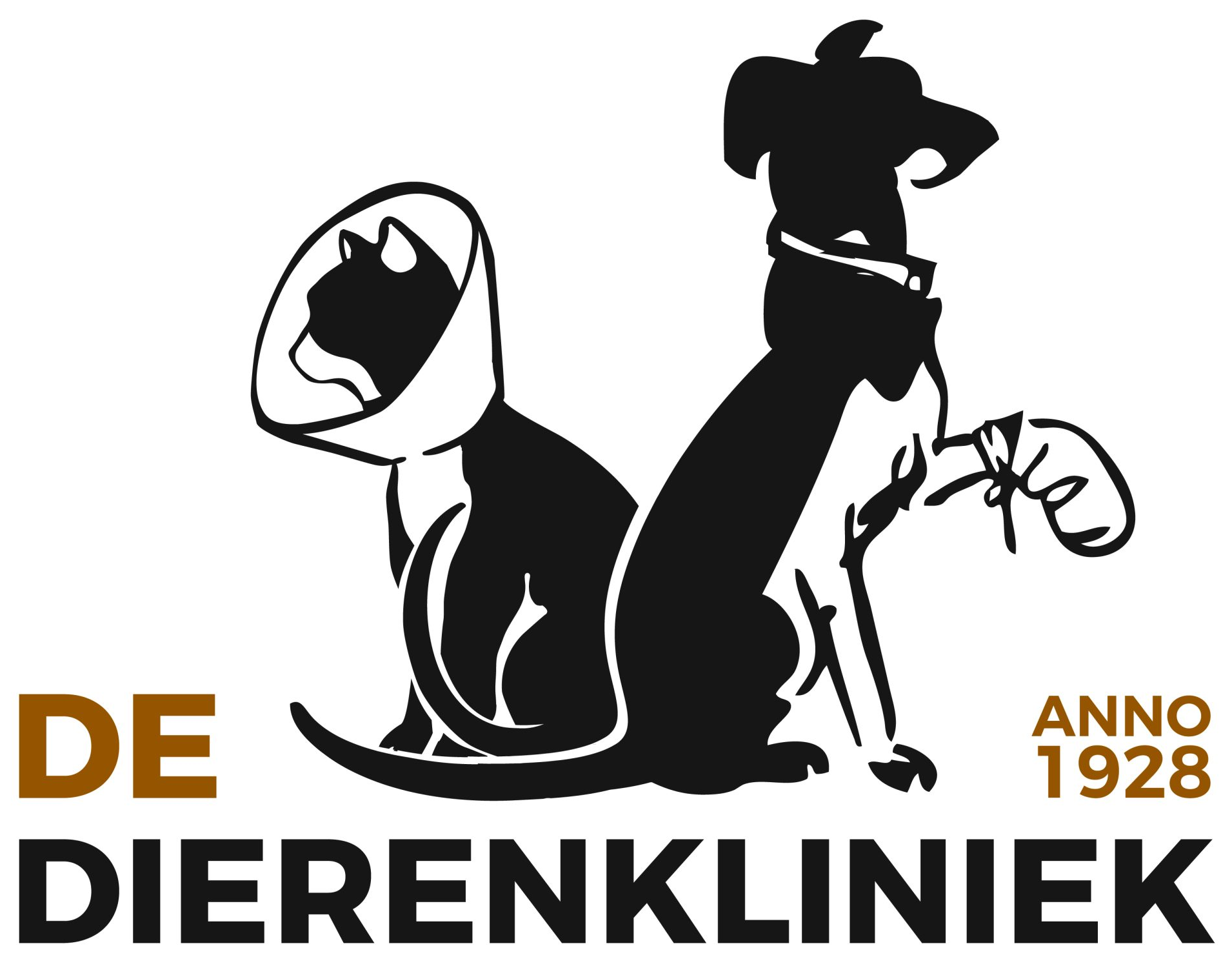Bladder infection in dogs
Is your dog suddenly peeing in strange places indoors or does the urine smell very strong? These can be symptoms of bladder problems. If you notice discomfort around your dog’s urination, we recommend to have this examined by a veterinarian.
What is a bladder infection in dogs?
A bladder infection in a dog is caused by an overgrowth of bacteria in the bladder. These are usually bacteria that are normally present around the genitals. However, if these bacteria climb up to the urethra, a bladder infection occurs. A bladder infection is often a one-off and can be treated well, but sometimes the bladder infection quickly returns and further examination is necessary to investigate whether there are other issues.
What are the symptoms of bladder infection in dogs?
There are several symptoms that can indicate whether your dog has a bladder infection. If your dog has one or more of the following symptoms, make sure you contact us.
| Urinating frequently in small amounts | If you notice that your dog has the need to urinate frequently, this may indicate that the bladder wall is irritated. The frequent urination goes often along with a lot of drinking. |
| Discomfort or pain during urination | Sometimes you notice that your dog is experiencing pain when urinating. For example, if he or she keeps walking around in a place where your dog would normally urinate. |
| Blood in urine | If you notice blood in the urine, you need to consult your veterinarian. |
| Strong smelling urine | If the urine has a pungent or stronger odor than normal, this could indicate bladder problems. |
| Urinating inside | If your dog suddenly starts peeing inside, this could indicate that he or she is having bladder problems – especially if this normally does not occur. |

Make sure you detect diseases in your dog in time
Our care plan includes
all the preventive care your dog needs, so there won’t be any unpleasant surprises!
Read more…
Your dog may also develop a fever and a reduced appetite. If your dog can no longer urinate at all, it is important that you have this checked out immediately. These symptoms often indicate a complicated bladder infection in the dog.
What should you do if you suspect a bladder infection in your dog?
There are a number of steps you can take to help your dog get rid of his bladder infection as quickly as possible:
- Make an appointment for a consultation and have a physical examination performed on your dog
- Bring a fresh urine sample and have it tested
- Treat your dog with antibiotics and anti-inflammatory drugs as prescribed by your veterinarian
- Check the urine before the end of the treatment
Physical examination
To be sure that your dog has a bladder infection, an examination by your veterinarian must be performed. Your veterinarian will ask you questions about your dog’s behavior when urinating and what the urine looks like. The veterinarian will then perform a physical examination on your dog, during which she will measure, among other things, whether your dog has a fever and has pain in the abdomen.
Taking a urine sample
You can collect urine yourself if you suspect your dog has a bladder infection. It is very important that the urine is fresh, preferably not older than 2 hours. If it is left for longer, the acidity may change or grit may form.
If you find it difficult to collect urine from your dog yourself, you can also have this done by the vet. You will need to make an appointment for this. We do this under ultrasound guidance, whereby we visualize the bladder and then puncture the bladder with a needle. This is a quick procedure that does not bother your dog. We can culture punctured urine to find out which bacteria are causing the bladder infection and which antibiotics your dog is sensitive to. The advantage of urine that is punctured is that we only culture the bacteria that are in the bladder; no bacteria from outside can end up in the sample. This information is much more accurate.
Prescribing medication
If the urine test does indeed indicate a bladder infection, antibiotic treatment will be prescribed. In addition, we always prescribe a painkiller. Not only because a bladder infection is unpleasant, but also because this prevents inflammation.
Urine controle
In principle, the bladder infection should be gone after the prescribed treatment has been completed, but sometimes we have to extend the treatment to get rid of the infection completely. That is why we always advise to have your urine tested again just before the end of the treatment. If you are able to do this yourself, you do not need to schedule an appointment. If the infection does not appear to be completely gone, the symptoms will quickly return after finishing the treatment and we will need to start over.
If your dog suffers from a bladder infection very often, we advise you to do further research. There may be another underlying cause. We often start with urine cultures and an ultrasound of the bladder and kidneys.
If you have any questions about bladder infections in dogs, please do not hesitate to contact us or make an appointment .

